Five talking points from stage six of the Tour de France 2020
The talking points from the second summit finish of the 2020 Tour de France
Alexey Lutsenko wins career-first Tour de France stage
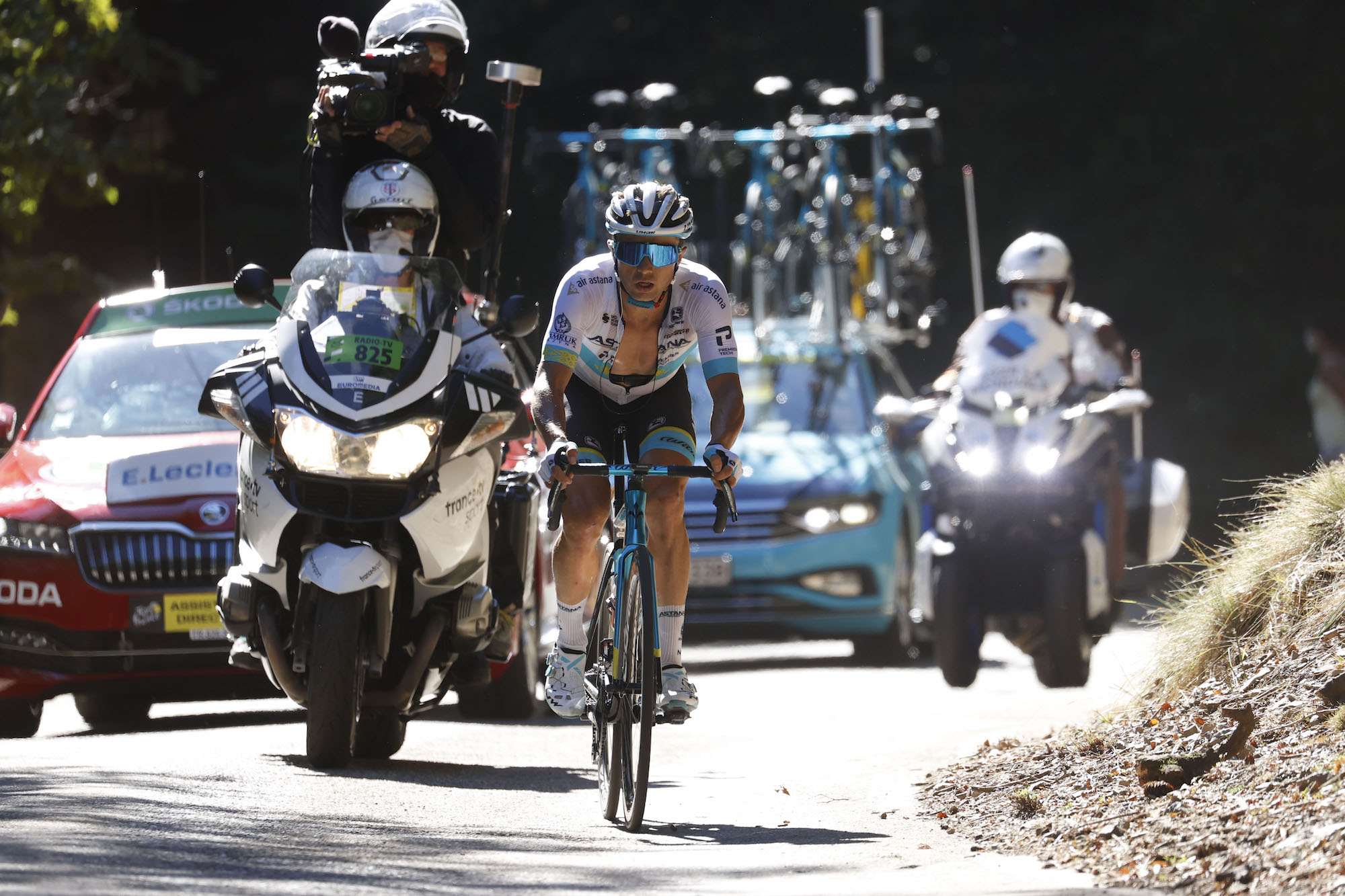
Astana’s Alexey Lutsenko was the triumphant rider on the first day of the race that the breakaway made it to the finish, breaking clear from seven other riders on the climb to the finish to solo to victory.
The Kazakh has been a regular fixture of breakaways over the years, and to great success. He has won stages in WorldTour races like Paris-Nice, Tirreno-Adriatico, and the Tour de Suisse, and has won previously at Grand Tour level at the 2017 Vuelta a España.
>>> Alexey Lutsenko solos to first breakaway victory of Tour de France 2020 on stage six
This is the first time he’s triumphed at the Tour de France. He’s tried several times in the past, coming closest on stage 18 at last year’s race when he finished a distant third behind Nairo Quintana and Romain Bardet in the Alps, but today at last claimed the victory he has long promised.
To win, he had to overcome some other quality riders in the breakaway. Although the final climb was a little too difficult for Olympic champion Greg Van Avermaet (CCC), Jesús Herrada (Cofidis) posed a real threat, as a rider who has also previously won at the Vuelta a España, as well as on the legendary Mont Ventoux.
Herrada made life difficult for Lutsenko, at one point reducing his lead to around 20 seconds, but Lutsenko rose to the challenge to claim the first of what could become multiple Tour de France stage victories.
Get The Leadout Newsletter
The latest race content, interviews, features, reviews and expert buying guides, direct to your inbox!
Adam Yates comfortably defends the yellow jersey
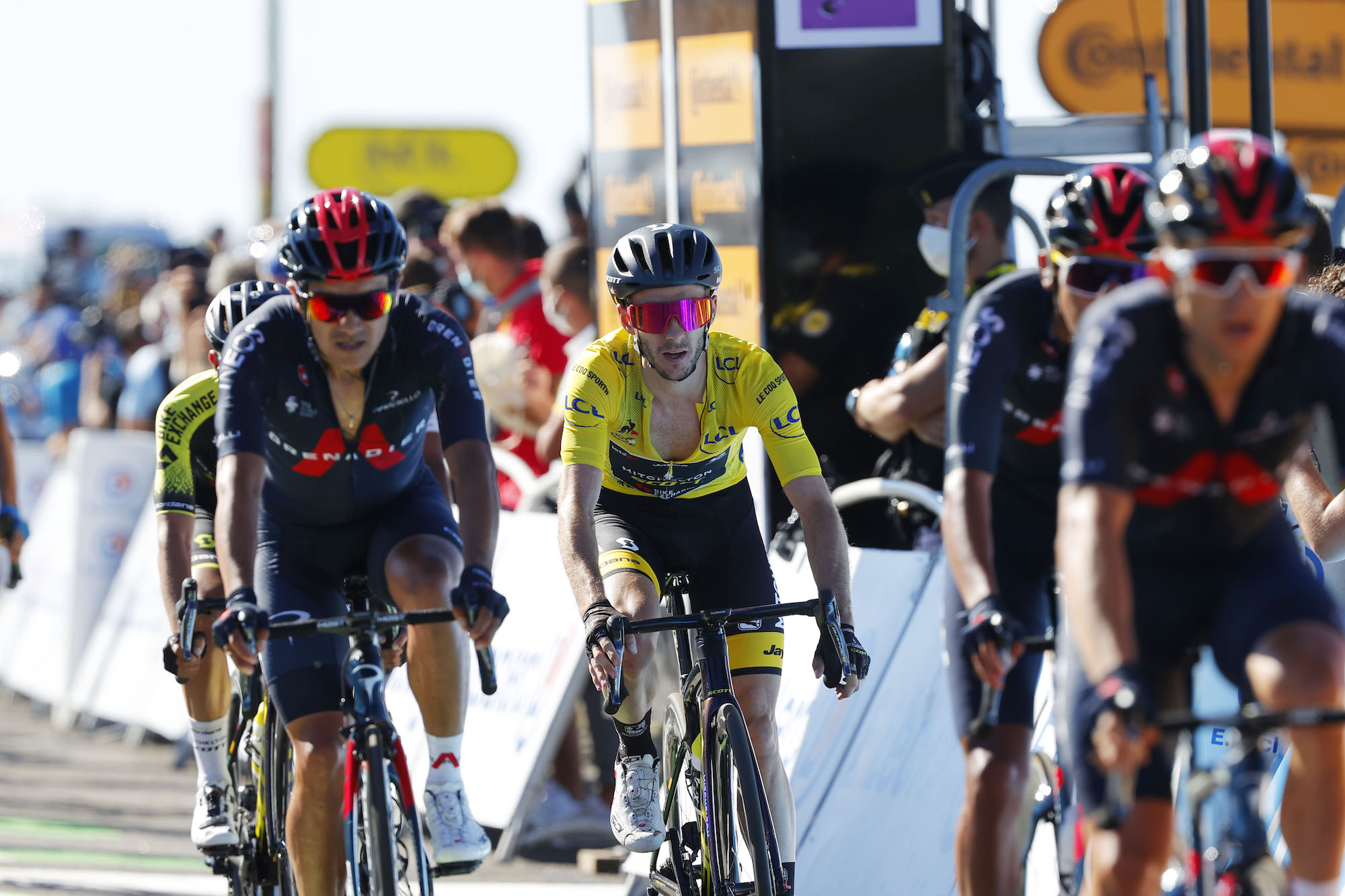
Prior to the surprising news after yesterday’s stage that he had inherited the yellow jersey from Julian Alaphilippe (Deceuninck-Quick-Step), Adam Yates’ plan for today was probably to go out on the attack, chasing the few seconds he needed to usurp the Frenchman as overall leader of the race.
But with the jersey already on his shoulders following Alaphilippe’s time penalty, the strategy switched from attack to defence. Whereas he might previously have been eyeing up the bonus seconds available both at the summit of the Col de la Lusette and the stage finish, now those bonuses posed a threat that needed to be neutralised.
>>> 'A dream is the wrong word': Adam Yates on his day in yellow jersey at Tour de France 2020
His Mitchelton-Scott team were therefore happy to let the break stay up the road and contest the stage win, sweeping up those bonus seconds in the process. With Greg Van Avermaet present, who was just 3-17 down on GC, the team couldn’t afford the break too much leeway, but ultimately struck the perfect balance of keeping their lead in check without bringing them back.
How much longer can he hold the yellow jersey for? We’ll have a better idea come after this weekend’s double-header in the Pyrenees.
Yates said before the race that a stage win was his main goal, and he reiterated his desire to do so at the finish today. But as long the jersey remains his, defending it will take precedence — and if he still has it after this weekend, he might start seriously thinking about taking it all the way to Paris.
Ineos Grenadiers control, but don’t dominate
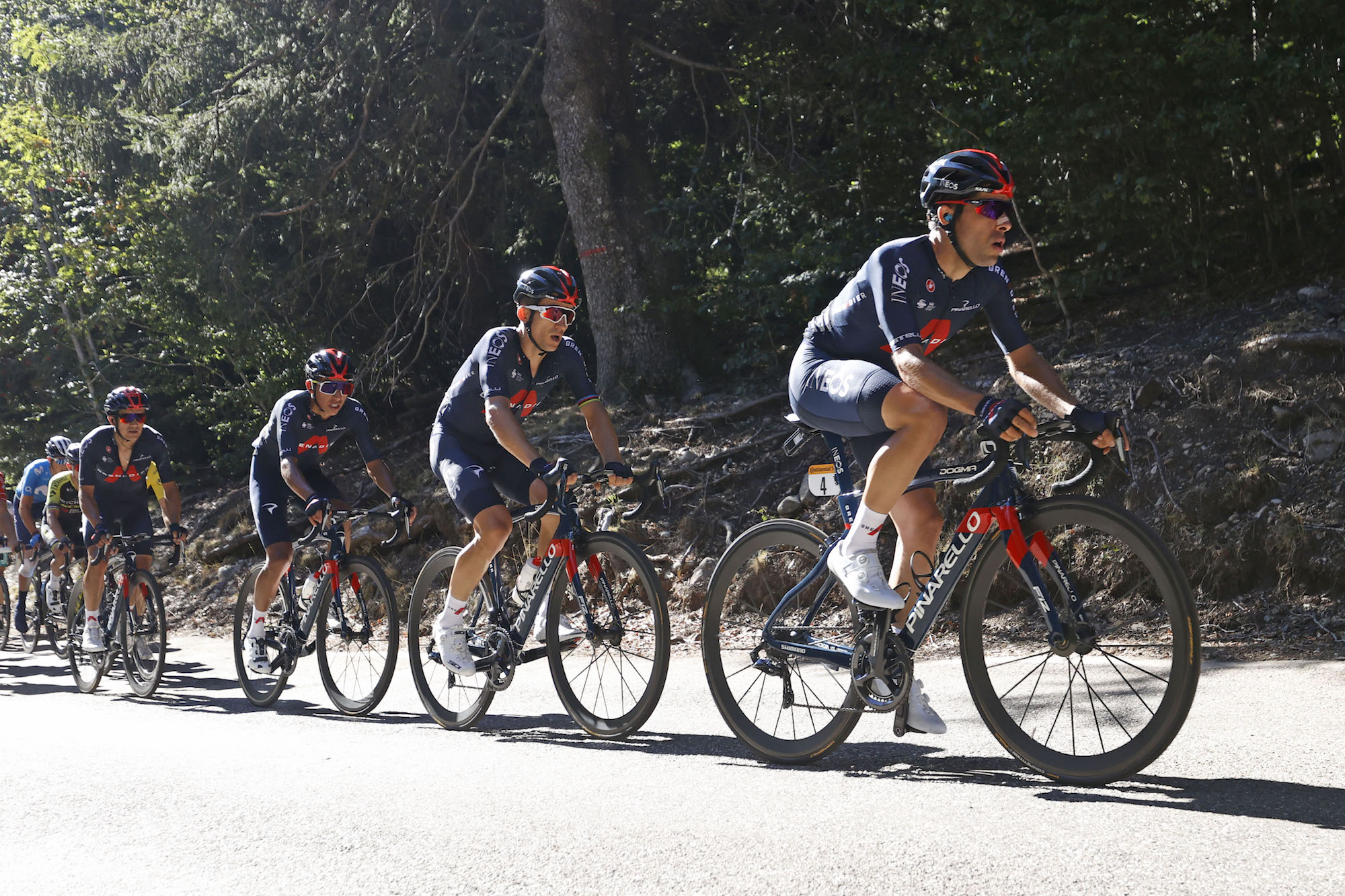
Today was our first sighting of one of the most familiar features of Tours in recent years — the mountain train of Ineos Grenadiers.
Up until now the British team have been content to let Jumbo-Visma take over the reins on the significant climbs, but chose to take things into their own hands-on today’s finale.
First Dylan van Baarle came to the front for the category three Col des Mourezes, with Jonathan Castroviejo later taking over halfway up the major climb of the day, the Col de la Lusette.
After that, however, the pace slowed. Riders who had been dropped, like Sergio Higuita (EF Pro Cycling) managed to re-join the peloton, and white jersey-wearer Tadej Pogačar (UAE Emirates) had no problem chasing back despite being delayed by a mechanical at a key point on the climb.
Ineos Grenadiers appeared to want to assert themselves without blowing the race up, discouraging attacks without putting any yellow jersey contenders under real pressure.
As a show of strength, it’s debatable how intimidating it was. Michał Kwiatkowski, Richard Carapaz and Egan Bernal all rolled over the line next to each other, but 28 other riders remained in the peloton with them.
Their leader Egan Bernal remains well set in fifth overall, but his team are yet to prove that they can dominate summit finishes in the way they normally do.
Breakaways are back in fashion
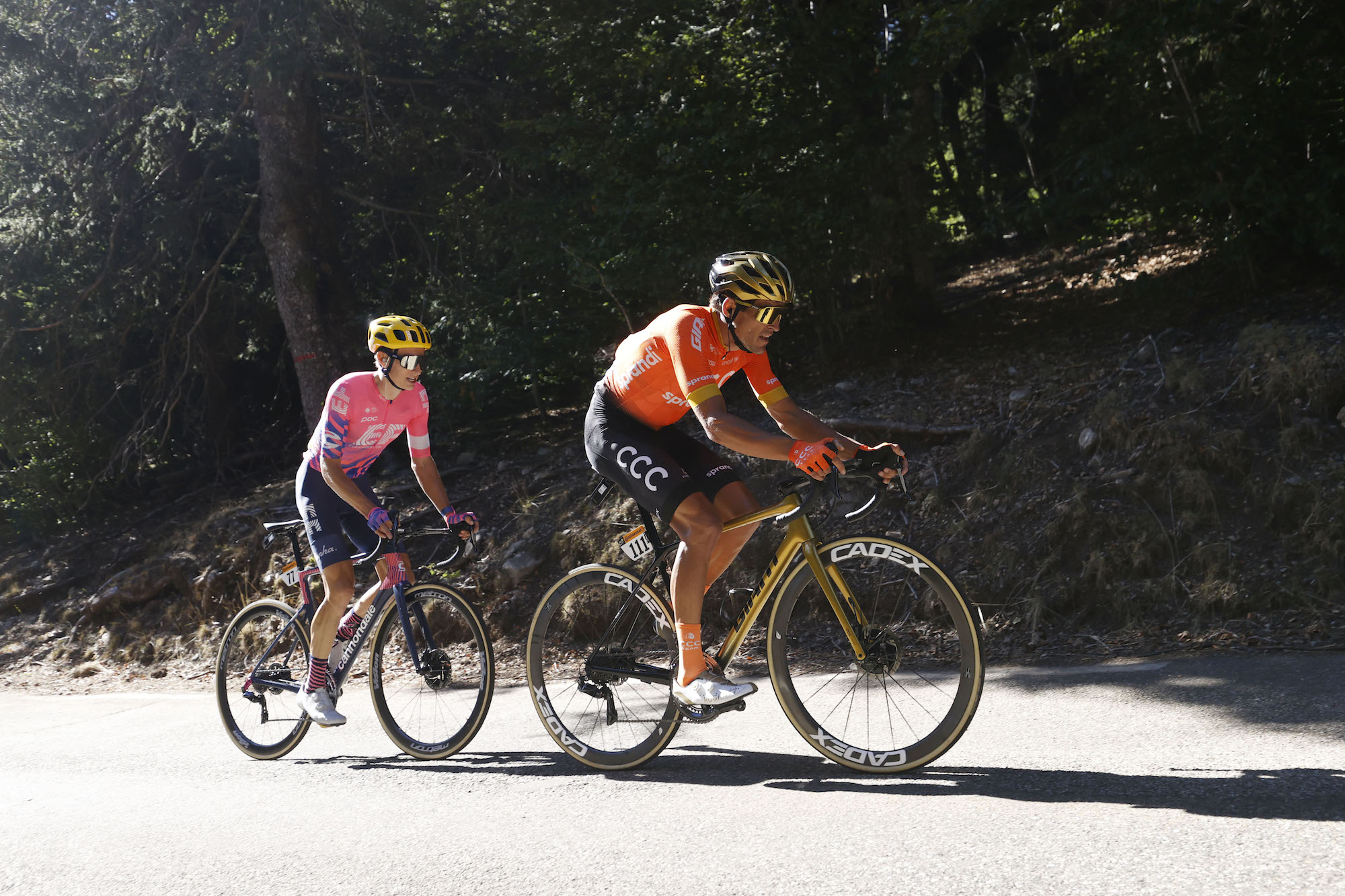
After yesterday’s bizarre scenario of not a single rider going up the road, breakaways are back in fashion.
Riders have been unusually reluctant to try their luck in a break throughout the first week, culminating in yesterday’s much talked-about situation, but eight quality riders all sensed that today might be an opportunity to win a stage by going up the road.
>>> Tour de France riders explain why yesterday's stage five was so boring
Their instincts were proven right. The peloton was happy to let them build a big advantage, as the break became the first at the Tour so far to exceed five minutes. Although work on the front Ineos Grenadiers reduced the gap, they retained enough of an advantage to survive, with Lutsenko taking the win.
Mitchelton-Scott were concerned about Van Avermaet’s threat to the yellow jersey, but every other team seemed content to concede the stage victory. Any plans Julian Alaphilippe might have of regaining yellow were put on hold, as Deceuninck-Quick-Step opted not to ride at the front of the peloton.
Now the GC is more clearly defined, with many riders now several minutes down, and with upcoming stages featuring tougher opening halves, we should start to see more of a battle to get into future breakaways, and more of these breaks making it to the finish.
An anticlimactic GC battle
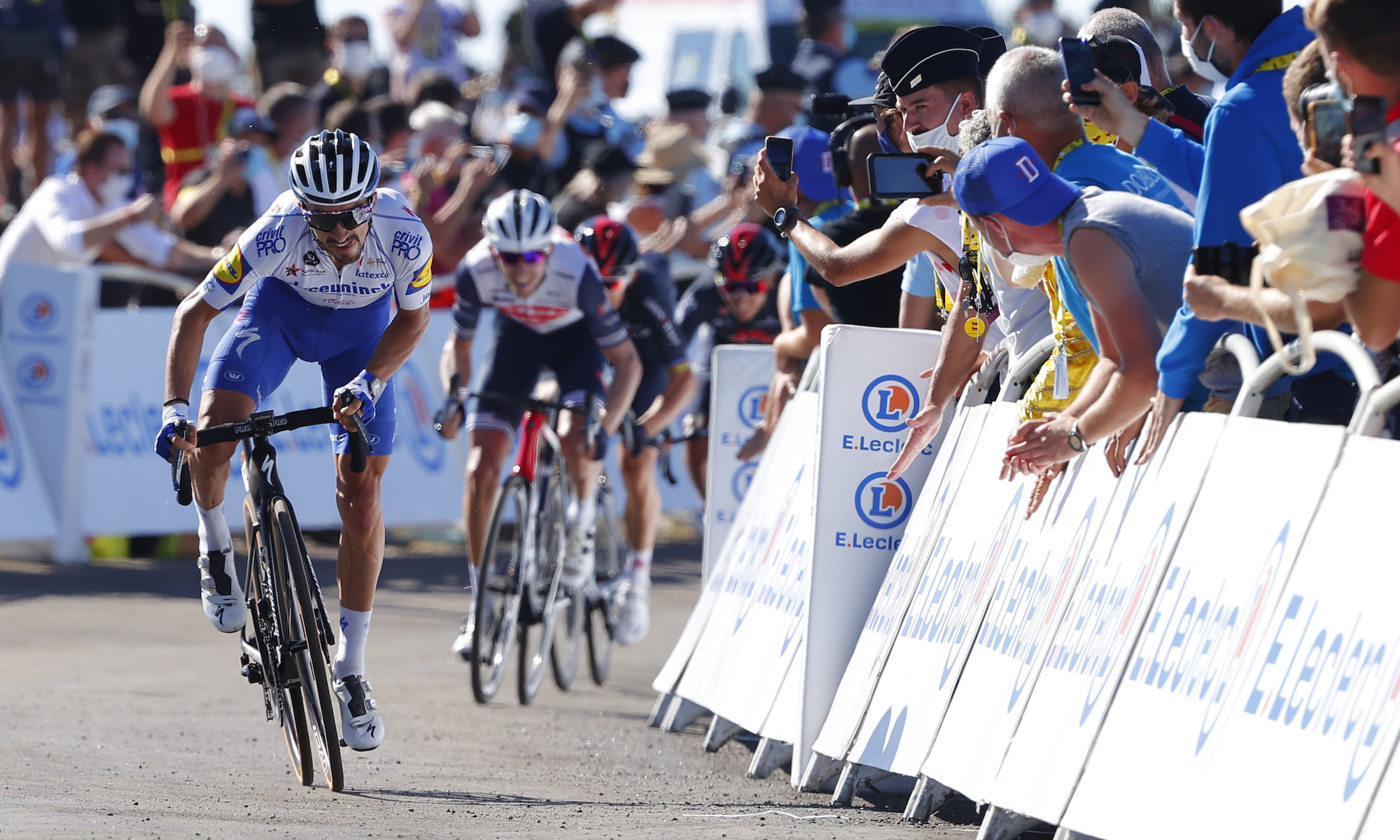
(Photo : Pool / BETTINI / SUNADA)
Summit finishes always invite excitement among racing fans anticipating action in the race for the yellow jersey. While riders often keep their powder dry on climbs considered too far away from the finish to be worth the effort, there’s usually nothing to hold them back on stages that finish at the top of a mountain.
So it had been hoped that stage six would produce fireworks — hopes that were dashed when the only attack made from the peloton was a tentative and ultimately doomed move from Fabio Aru (UAE Team Emirates). Julian Alaphilippe was the only rider in the top-20 to gain any time, launching a move in the final 200m to steal a solitary second away from his rivals.
Closer inspection of the route might explain why. Although the category one Col de la Lusette is a very difficult climb — more difficult, in fact, than the climb at the end of stage four — the stage did not actually finish at its summit, but continued for another, much gentler 13km. This plateau would likely have taken the sting out of any attack that might have been made, favouring instead those riding together in a big group.
Also, the absence of any significant mountains aside from the Col de la Lusette meant that the parcours as a whole was not difficult enough to force more of a selection.
Fans left disappointed today should make sure to tune in for both Saturday and Sunday’s stages in the Pyrenees.
Although both finish with downhills rather than uphills, a combined total of four category one climbs across both stages, in addition to the first hors category climb of the race (Port de Bales), should guarantee much more action.

Thank you for reading 20 articles this month* Join now for unlimited access
Enjoy your first month for just £1 / $1 / €1
*Read 5 free articles per month without a subscription

Join now for unlimited access
Try first month for just £1 / $1 / €1
Stephen Puddicombe is a freelance journalist for Cycling Weekly, who regularly contributes to our World Tour racing coverage with race reports, news stories, interviews and features. Outside of cycling, he also enjoys writing about film and TV - but you won't find much of that content embedded into his CW articles.
-
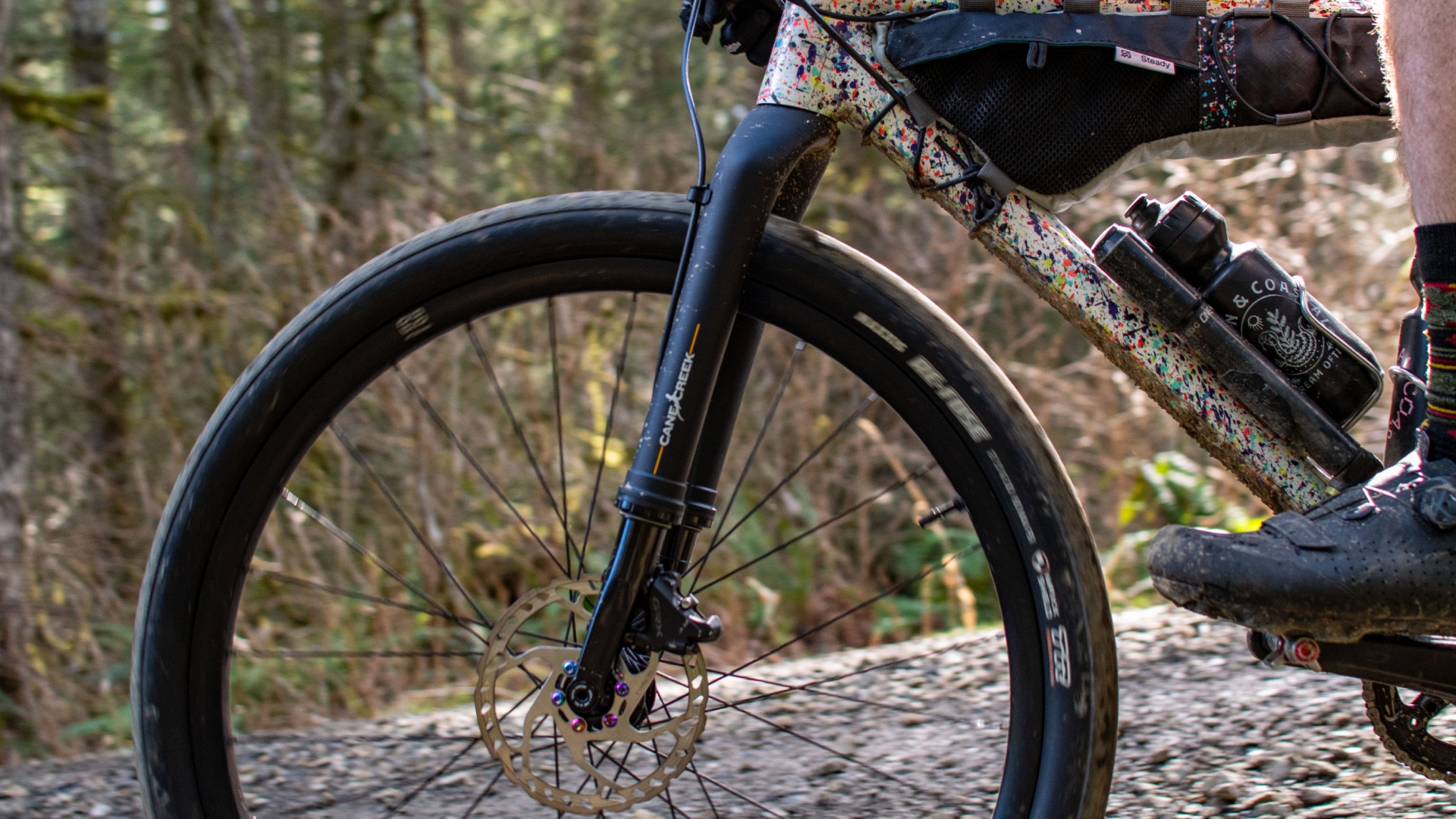 Review: Cane Creek says it made the world’s first gravel fork — but what is a gravel fork, and how does it ride?
Review: Cane Creek says it made the world’s first gravel fork — but what is a gravel fork, and how does it ride?Cane Creek claims its new fork covers the gravel category better than the mini MTB forks from RockShox and Fox, but at this price, we expected more.
By Charlie Kohlmeier
-
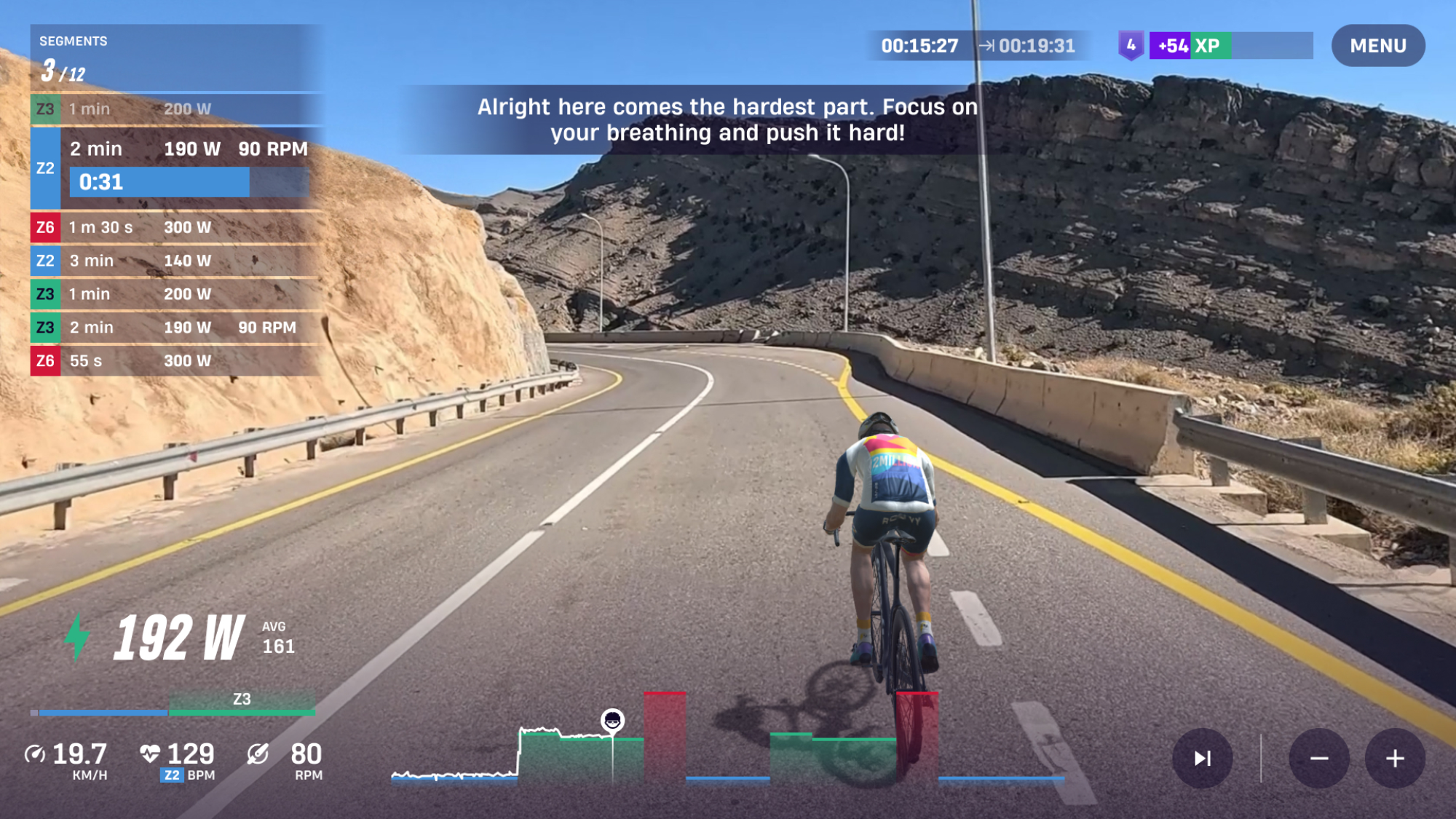 ROUVY's augmented reality Route Creator platform is now available to everyone
ROUVY's augmented reality Route Creator platform is now available to everyoneRoute Creator allows you to map out your home roads using a camera, and then ride them from your living room
By Joe Baker